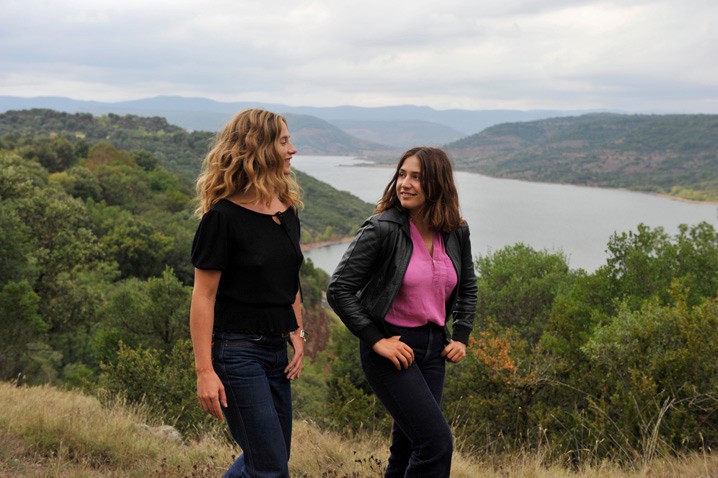Catherine Corsini grew up in Seineet-Marne, France. She moved to Paris to pursue acting before becoming a filmmaker. Her numerous features as writer-director include “Poker,” “Les Amoureux,” “La Nouvelle Ève,” “La Répétition,” “Mariées mais pas trop,” “Les Ambitieux,” “Leaving” and “Three Worlds.”
“Summertime,” or “La Belle Saison,” will premiere at the 2015 Toronto International Film Festival on September 13.
W&H: How would you describe the film?
CC: A melodrama and a love story.
W&H: What drew you to this story?
CC: It’s a love story between two women set in France in the ’70s when everything still had to be hidden.
W&H: What was the biggest challenge in making the film?
CC: Finding a way to interweave Paris and the countryside, the personal and the collective.
W&H: What do you want people to be thinking about when they leave the theater?
CC: I would like them to be moved, to be in tears and to realize that one’s choices in love are a private matter that concern just you and the other person. I would like people to be moved to act collectively again, to militate. I would like the film to make people think about the place of women in the world — the advances and setbacks that they have experienced these past years in terms of their freedom.
W&H: What advice do you have for other women directors?
CC: Never let your actors go before they are satisfied with a scene. Never lose sight of what you’re trying to say, and remain open to what’s happening while you’re filming.
W&H: What’s the biggest misconception about you and your work?
CC: That it’s only a militant piece, a film with a message.
W&H: How did you get your film funded? Share some insights into how you got the film made.
CC: The film was made with the form of financing that is typical in France: A producer who managed to get on board broadcasters, a distributor and several “soficas” (private capital). Before I began writing the script, I did a lot of research about both the feminist movement and farm work, and it was thrilling.
W&H: Name your favorite woman-directed film and why.
CC: Ida Lupino is my favorite female director because she was a pioneer. She shot six features in the U.S. between 1949 and 1953. Her films are very original and deal with subjects that were very modern for the time (rape, bigamy), and because her characters are always at the center of them, [the feature] female protagonists who are wounded and scrappy.
Before she became a director, she was an actress. Perhaps that’s why she has such a connection to women who are strong and unique. She also had an amazing feel for editing.







